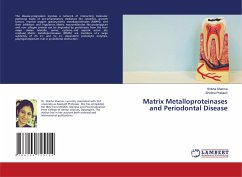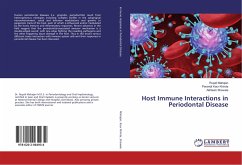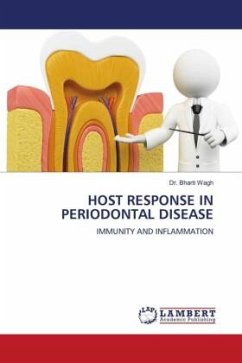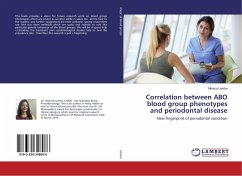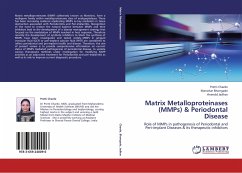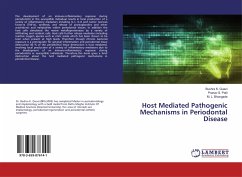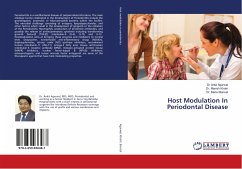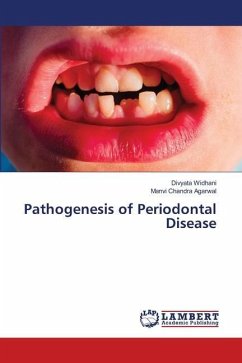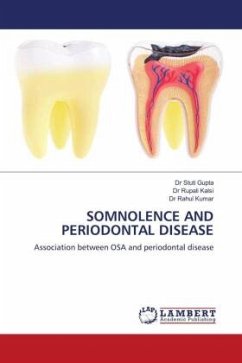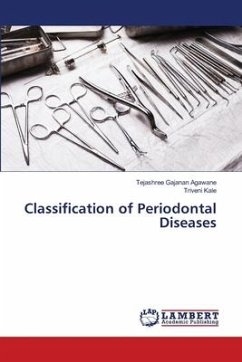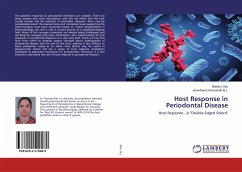
Host Response in Periodontal Disease
Host Response - A "Double-Edged Sword"
Versandkostenfrei!
Versandfertig in 6-10 Tagen
51,99 €
inkl. MwSt.

PAYBACK Punkte
26 °P sammeln!
The patient's responses to periodontal infections are complex. There are many systems and much redundancy, with the net effect that the host usually survives and the infection is controlled. However, there may be considerable loss of the alveolar bone and connective tissue supporting the teeth.Concepts have been presented based on recent developments in immunobiology, but this is only a current picture of a rapidly-developing field. Many of the concepts presented are already being challenged and will likely be changed with more information. Our understanding of host responses in periodontal di...
The patient's responses to periodontal infections are complex. There are many systems and much redundancy, with the net effect that the host usually survives and the infection is controlled. However, there may be considerable loss of the alveolar bone and connective tissue supporting the teeth.Concepts have been presented based on recent developments in immunobiology, but this is only a current picture of a rapidly-developing field. Many of the concepts presented are already being challenged and will likely be changed with more information. Our understanding of host responses in periodontal disease is at a very early level. There are very few facts from which to develop cogent concepts about pathogenesis of periodontal disease and the role of the host, making it very difficult to make predictions today as to which host factors may be useful in diagnosis.The future will see a range of host response modulators developed as adjunctive treatments for periodontitis. Therefore, it is very critical to understand the role of host response in periodontal diseases.



